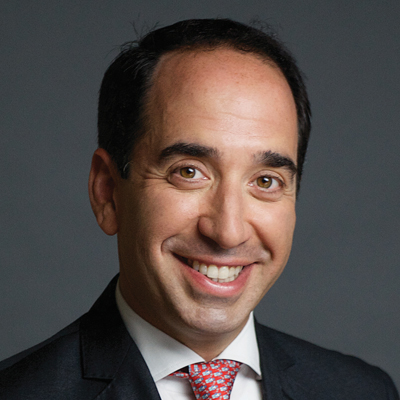The Last Word
Cosby, Weinstein Attorney Advises Insurers to Clearly Define Policy Exclusions and Coverages
Recent sexual assault cases involving celebrities like Bill Cosby and Harvey Weinstein highlight the need for policies such as homeowners and personal excess liability insurance to cover defamation and civil claims.
- Lori Chordas
- September 2021
-






Attorney Jeffrey L. Schulman, a partner in the New York City office of Pasich LLP, has represented Bill Cosby and Harvey Weinstein in their high-profile cases of sexual misconduct that helped usher in the #MeToo movement. Now he's stressing how insurance coverage such as homeowners and personal excess liability policies can be used to cover sexual misconduct and other types of civil claims such as defamation.

Jeffrey L. Schulman
Schulman spoke to Best's Review about how certain coverages were used in the high-profile cases and what insurers need to consider when writing policies that potentially could become part of litigation involving sexual misconduct, defamation of character and other types of claims. Following is an edited transcript of Schulman's interview with AM Best TV.
How can homeowners and personal excess liability insurance policies be used to cover claims like in the Cosby and Weinstein cases?
Many of those policies provide coverage for personal injury, which include libel, slander, and defamation, among other things. Public accusations of wrongdoing against public figures such as Bill Cosby and Harvey Weinstein are often responded to with public denials of those accusations. That is arguably a challenge to the credibility and truthfulness of the accuser and maybe their motivations for making allegations in the first place. Merely denying allegations has, at least in some instances, given rise to alleged damages based on claims of defamation, slander or libel as in some of the recent high-profile cases.
What should insurers consider when writing policies that could be impacted by losses or coverage disputes from sexual misconduct, product recall, the #MeToo movement or other types of claims?
I'm often asked this question and I chuckle because, as a policyholder-side coverage lawyer, I'm one of the last people the insurance industry is interested in hearing from about how to write their policies. But it's important for insurers to remember that policies are contracts of adhesion. They're drafted by insurers, and insureds rarely have an opportunity to negotiate terms.
Whether the insured is a business or individual, if an insurer is willing to write a policy but wants to include a sexual misconduct exclusion, the insured really doesn't have the bargaining power to leave it out. You can have that discussion but at the end of the day an insured may be faced with a policy that provides narrower coverage and broader exclusions than they would ideally like. Insurers are squarely obligated to clearly and unambiguously articulate the risks that they're willing to cover and those they want to exclude.
Failing to do so creates ambiguity. An insured doesn't have to prove that a liability is not excluded. An insurer has to show that its interpretation of a policy exclusion is the only reasonable one. That is because two reasonable interpretations equal ambiguity and that, according to the law in essentially every state, means coverage.
Related: